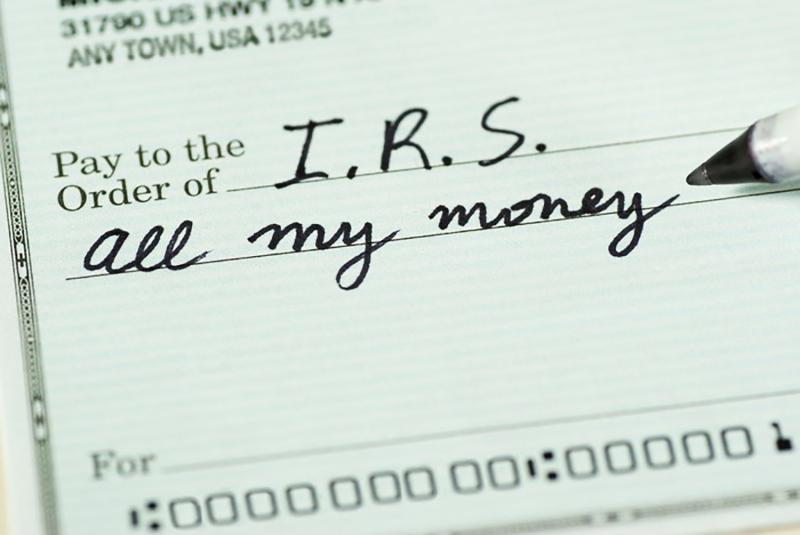
While retirees with lower incomes may rely on Social Security as their prime income source, they may pay comparatively less income tax than you in retirement; some, or even all, of their Social Security benefits may not be counted as taxable income.1
“Plans fail for lack of counsel, but with many advisers they succeed.” (Proverbs 15:22)
What’s a pre-tax investment? Traditional IRAs and 401(k)s are examples of pre-tax investments. You can put off paying taxes on the contributions you make to these accounts until you start to take distributions. When you take distributions from these accounts, you may owe taxes on the withdrawal. Pre-tax investments are also called tax-deferred investments, as the invested assets can benefit from tax-deferred growth.2
Under the SECURE Act, once you reach age 72, you must begin taking required minimum distributions fr ...



